Strategy Workshop for the SUMP Foshan: Finding a path for Foshan’s green mobility transition
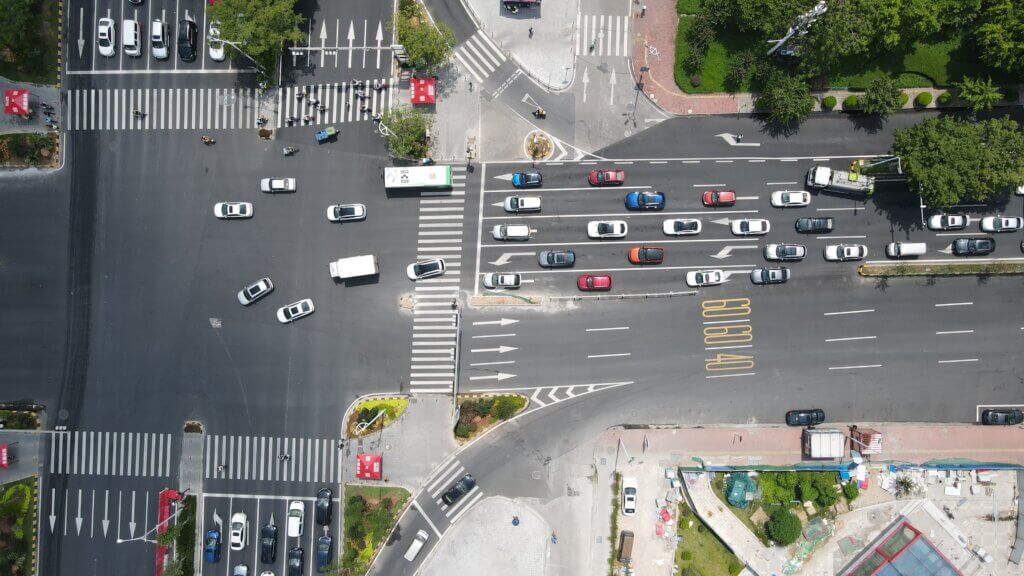
As a milestone of the Foshan SUMP pilot implementation, the online workshop was held by CSTC and GIZ with participation of CATS and the Foshan Transport Bureau as well as other local stakeholders and experts. The workshop was aimed at finalising the core elements of the strategy for the SUMP: scenario selection, vision, and objectives. During the workshop, the participants discussed 3 future scenarios (by 2035): 1. Rail-dominated development; 2. Balanced bus & rail development; 3. Multi-modal development. Selecting the 3rd scenario further informed the discussion of the vision and objectives of the SUMP. Finally, 37 city-level measures corresponding with the SUMP vision (incl. integrated transport planning, stronger motor vehicle management, and creating a vibrant active mobility environment), were introduced to gather initial stakeholder feedback.
E-Bus Development in China: From Fleet Electrification to Refined Management
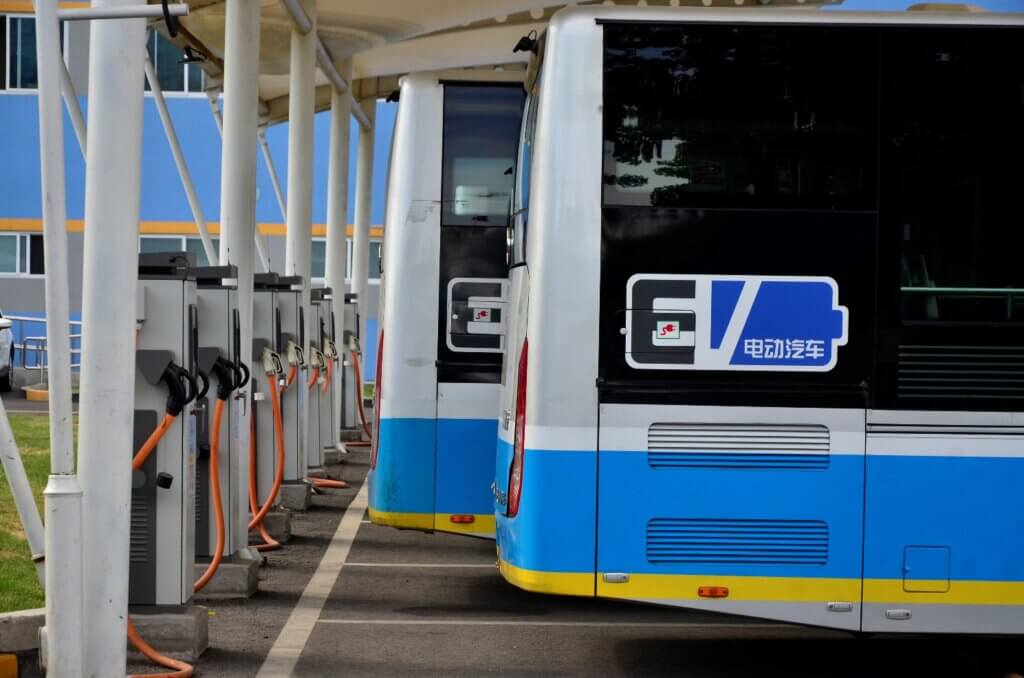
The “Study on Technical System of the Life Cycle of Battery Electric Buses” follows the life cycle stations of battery electric buses, from its procurement, charging, operation, maintenance, to the decommissioning of batteries. It provides a technical guide for stakeholders in each of the procedures to achieve safety, efficiency, and sustainability. As part of the study, eight case cities covering various geographic area and social-economic level were identified: Zhengzhou, Chengdu, Shenzhen, Jinan, Guangzhou, Shenyang, Yinchuan, and Xi’an. Through surveys and interviews, the study collected first-hand data on the challenges, solutions, and best practices in these cities. Based on literature review, comparative analyses, field study, and expert consultations, the study then provides recommendations for all relevant stakeholders.
INTERIM WORKSHOP – MULTIMODAL FREIGHT TRANSPORT HUB (MFTH) MANAGEMENT IN CHINA
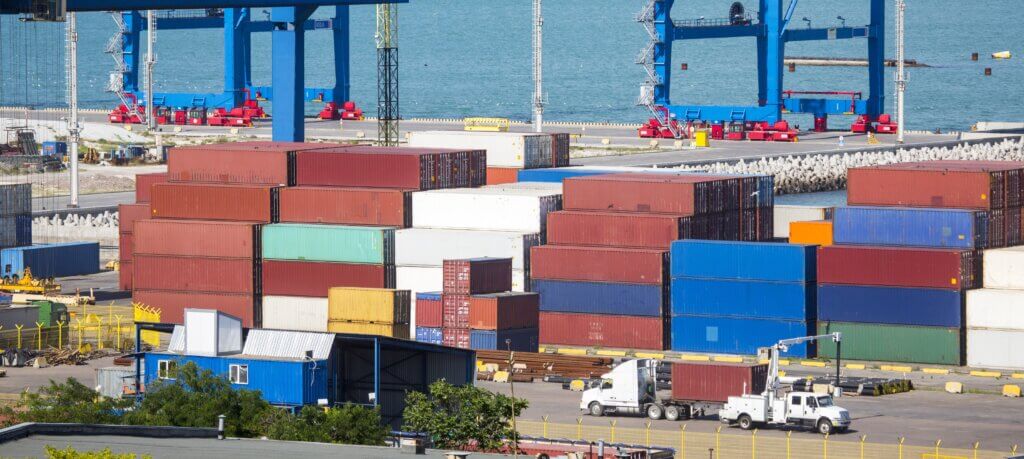
On 7th December, 2021, as a key milestone of the project “Establish and Implement an Evaluation System for Multimodal Freight Transport Hub (MFTH) Management in China” (hereafter the “Project”), the Interim Workshop was jointly held by the Sino-German Cooperation on Low Carbon Transport (CLCT) project of the Deutsche Gesellschaft für Internationale Zusammenarbeit (GIZ) and the Transport Planning and Research Institute (TPRI) of the Ministry of Transport of the People’s Republic of China (MoT).
INTERIM WORKSHOP – TEMPORARY PARKING ZONES FOR NEW ENERGY LOGISTICS VEHICLES
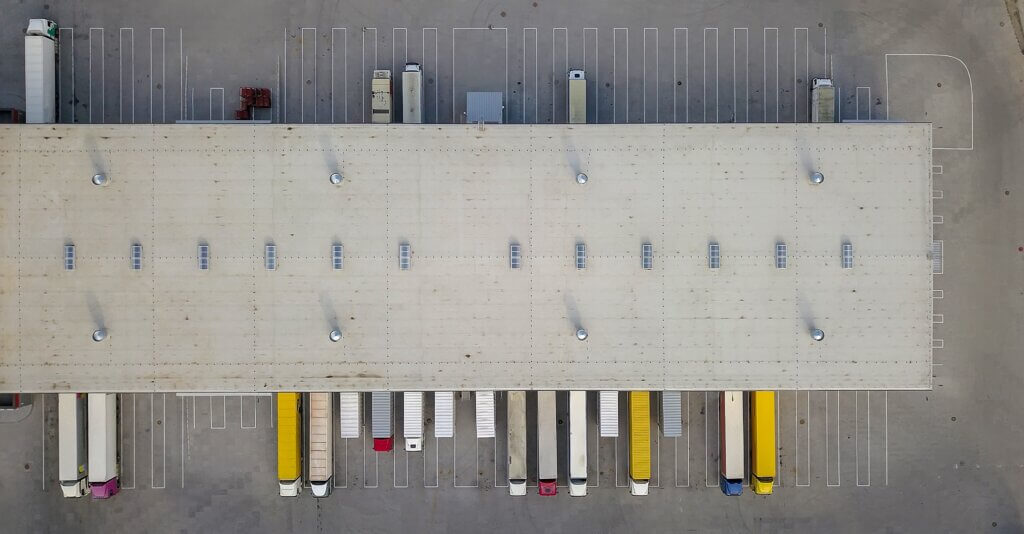
On 6th December, 2021, the Interim Workshop for the pilot project “Research on Setting of Temporary Loading and Unloading Parking Zones for New Energy Logistics Vehicles in Chancheng District of Foshan ” (hereafter the “Project”) was jointly held by the Sino-German Cooperation on Low Carbon Transport (CLCT) project of the Deutsche Gesellschaft für Internationale Zusammenarbeit (GIZ) and the Nanjing Institute of City & Transport Planning (NICTP).
BARRIER-FREE TRANSPORT: OVERVIEW OF DEVELOPMENTS IN THE EUROPEAN UNION AND GERMANY

Barrier-free transport is a key element of sustainable, climate-friendly and inclusive cities. This report gives an overview of the main policies, standards and best practices regarding barrier-free transport in Germany and the EU. It’s part of the work on Sustainable Urban Mobility Planning (SUMP) and the bilateral exchanges between Germany and China on sustainable transport, which is implemented by the sustainable mobility team of GIZ in China.
International Best Practices in Mobility-as-a-Service (MaaS) at the ITS World Congress

On 12th October, 2021, as part of the ITS World Congress in Hamburg, the Sino-German Cooperation on Low Carbon Transport (CLCT) project of the Deutsche Gesellschaft für Internationale Zusammenarbeit (GIZ) GmbH organised the session Mobility-as-a-Service: International best practices on low carbon transport and mobility integration. The session brought together Mobility-as-a-Service (MaaS) operators and experts from Europe, India, and China to present on MaaS development in different regional contexts.
1+N – Policy Briefing: Action Plan For Carbon Dioxide Peaking Before 2030

This Action Plan is formulated to advance actions on carbon dioxide peaking in further implementing the major strategic decisions by the Central Committee of the Communist Party of China (CPC) and the State Council to peak carbon dioxide emissions and achieve carbon neutrality.
1+N – Policy Briefing: Working Guidance For Carbon Dioxide Peaking And Carbon Neutrality

Released on 24 October 2021, the policy can be understood as the top-level green and low carbon transition guidance for China’s national and international development strategy. It is the first policy of China’s “1+N” policy system for carbon dioxide peaking and carbon neutrality.
Final Workshop – Study on the Promotion and Adoption of New Energy Vehicles (NEVs) in the Field of Urban Logistics Distribution

On September 13, 2021, following the kick-off and interim workshops, the final workshop on the study “Research on the Promotion and Adoption of New Energy Vehicles (NEVs) in the Field of Urban Logistics Distribution” took place.
Overview on Battery Swapping and Battery-as-a-Service (BaaS) in China
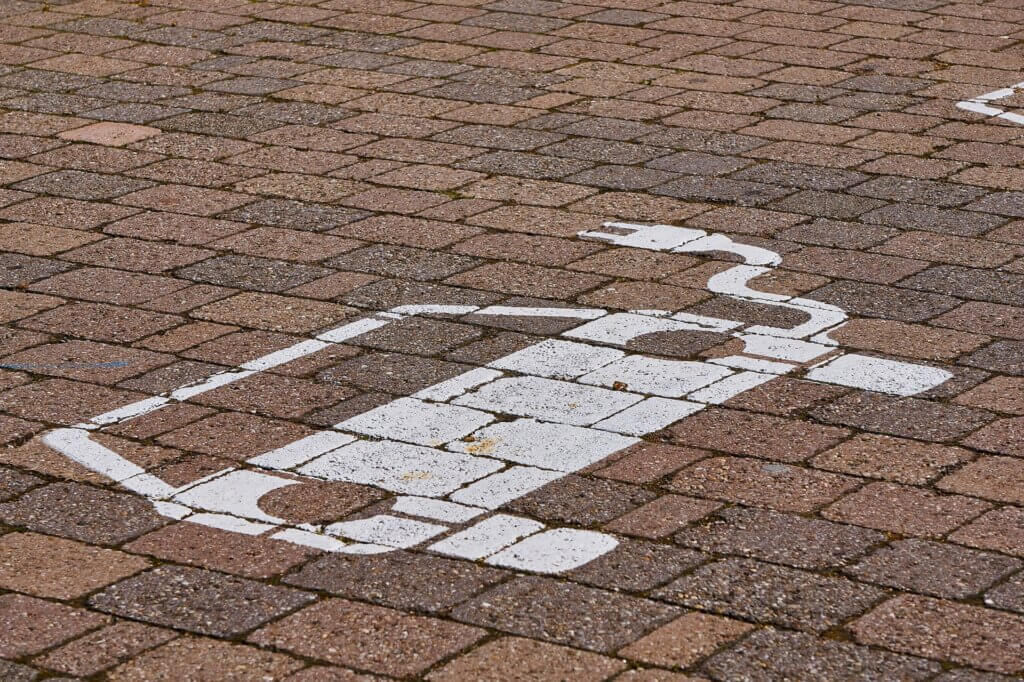
Battery swapping is seen as a complement to conventional charging, allowing the change of battery packs within minutes, whereas Battery-as-a-Service (BaaS) is offering innovative business models linked to the energy sector. This document provides an overview on status quo of battery swapping and BaaS in China.